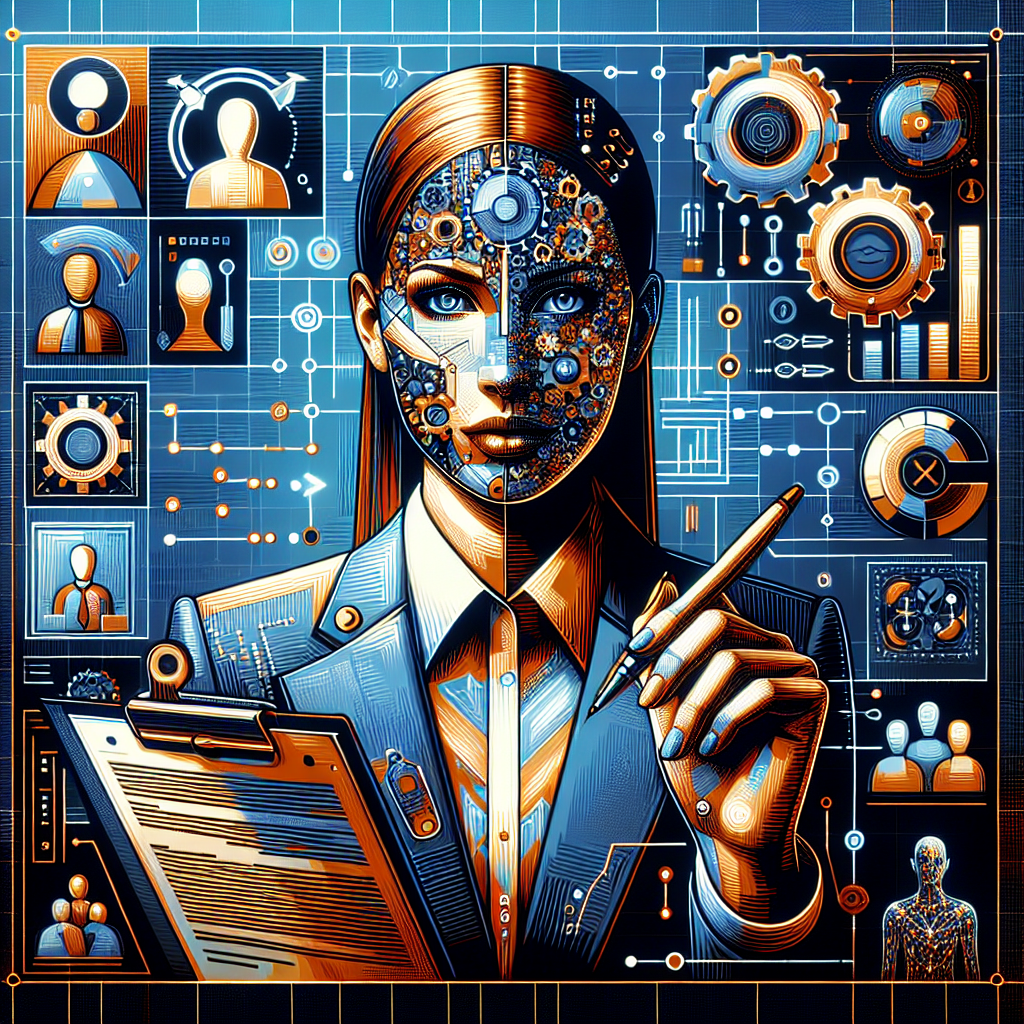Artificial Intelligence (AI) has revolutionized various aspects of our lives, and the realm of performance reviews is no exception. In today's fast-paced and tech-driven world, many organizations are turning to AI-powered solutions for evaluating employee performance. But just like any innovation, AI-powered performance reviews come with their share of pros and cons. Let's dive into the unknown and explore the benefits and drawbacks of leveraging AI in the performance review process.
Pros of AI-Powered Performance Reviews
1. Efficiency
AI algorithms can process vast amounts of data at incredible speeds, enabling organizations to conduct performance evaluations efficiently. This efficiency saves time for both managers and employees, allowing them to focus on other critical tasks.
2. Objective Evaluation
Unlike human evaluators, AI systems are not influenced by biases or personal opinions. This impartiality ensures that employees are assessed based on concrete data and performance metrics, leading to fairer outcomes.

3. Real-Time Feedback
AI can provide real-time feedback to employees, enabling them to track their progress continuously. This instant feedback loop helps employees identify areas for improvement promptly and adjust their performance accordingly.
4. Data-Driven Insights
By analyzing vast datasets, AI systems can uncover trends and patterns that might go unnoticed through traditional evaluations. These data-driven insights can help organizations make informed decisions about talent development and succession planning.
Cons of AI-Powered Performance Reviews
1. Lack of Human Touch
One of the primary drawbacks of AI-powered performance reviews is the absence of human empathy and understanding. Employees may feel disconnected and undervalued if their evaluations are solely based on algorithms without any personal interaction.
2. Limited Contextual Understanding
AI systems may struggle to grasp the nuances and contextual factors that can impact an employee's performance. Factors like personal circumstances, team dynamics, or unmeasurable contributions may not be accurately reflected in AI-driven assessments.
3. Potential for Errors
While AI is incredibly efficient, it is not flawless. Errors in data input or algorithm biases can lead to inaccurate evaluations, jeopardizing the validity of performance reviews. Regular human oversight is essential to mitigate such risks.
4. Privacy Concerns
The use of AI in performance evaluations raises concerns about data privacy and security. Employees may feel uneasy knowing that intricate details of their performance are being analyzed by machines, raising questions about transparency and data protection.
Embracing a Balanced Approach
In conclusion, the integration of AI in performance reviews offers a host of advantages, from efficiency and objectivity to real-time feedback and data-driven insights. However, organizations must also be mindful of the potential pitfalls, including the lack of human touch, limited contextual understanding, errors, and privacy concerns.
As we navigate the uncharted territory of AI-powered performance reviews, striking a balance between leveraging technology for enhanced evaluations and preserving the human elements of empathy and understanding is crucial. By combining the strengths of AI with human judgment and compassion, organizations can truly optimize their performance management processes and empower their employees to thrive in a digital age.
Comments